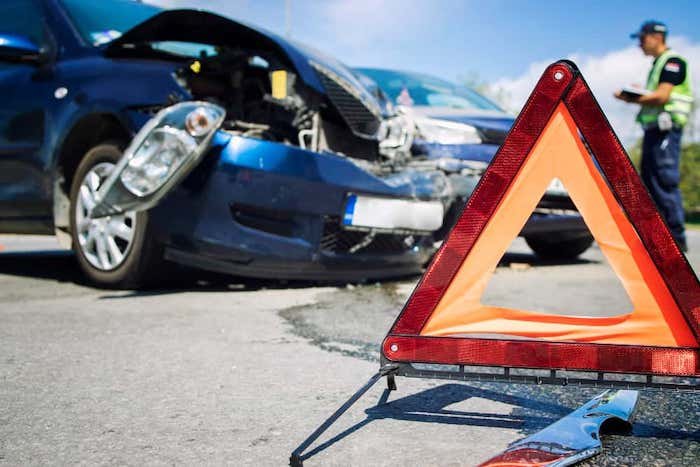Vehicle accidents, whether minor fender-benders or major collisions, can impact your life. Beyond the physical injuries, there are legal and financial hurdles to overcome, which can add layers of complexity to an already stressful time.
Immediate Actions to Take After an Accident
What you do immediately following a vehicle accident can affect the outcome of your legal and financial situation. Here are the critical steps to take:
- Contact the Police
Reporting the accident to law enforcement is essential, even for minor incidents. The police create an official report that can be a vital piece of evidence for insurance claims or legal proceedings.
- Gather Evidence
If you are physically able, document the scene. Take photographs of the vehicles, the accident location, visible injuries, and any contributing factors (e.g., road defects or weather conditions). Collect contact information from other drivers, passengers, and any witnesses.
- Seek Medical Attention
Your health is the priority. Even if you feel fine, get checked by a medical professional. Some injuries, like whiplash or internal trauma, may not be immediately apparent but could have long-term effects. A medical report also serves as important documentation for claims.
Understanding the Legal Process
The legal process after an accident can be daunting if it involves disputes over liability or compensation. Here’s a breakdown of what to expect:
- Filing a Claim
After the accident, you must contact your insurance provider to report the incident. You’ll need to provide them with detailed information, including the police report and any evidence you’ve gathered.
- Determining Fault
Determining who was at fault in the accident is a crucial aspect of the legal process. This affects whose insurance covers damages and may play a role in any further legal actions.
- Litigation
If the parties involved in the accident cannot reach a settlement, the case may go to court. This is when having a knowledgeable attorney on your side becomes invaluable, as they can help build your case and advocate on your behalf.
Financial Considerations
Vehicle accidents can lead to significant financial burdens. Understanding these costs and how to address them is key:
- Insurance Coverage
Your insurance policy may cover property damage, medical expenses, and liability. However, the extent of coverage varies by policy. Understanding your insurance terms is critical.
- Medical Bills
Even with health insurance, your medical expenses can quickly add up. From emergency room visits to physical therapy, these costs can strain your finances.
- Lost Wages
If you’re unable to work due to your injuries, lost wages can exacerbate financial stress. Claiming lost wages as part of your compensation is essential.
- Property Damage
Repairing or replacing your vehicle after an accident can be expensive. Ensure your insurance claim covers these costs adequately.
Common Challenges After an Accident
Navigating the aftermath of an accident often involves overcoming several obstacles:
- Proving Fault
Establishing who was responsible for the accident can be a contentious and complex process, involving witness statements, police reports, and sometimes expert analysis.
- Dealing With Insurance Companies
Insurance providers may try to minimize payouts. Negotiating with them can be frustrating when you’re also recovering from injuries.
- Underestimating Long-Term Costs
Many individuals fail to consider the long-term financial impact of an accident, including ongoing medical treatments and reduced earning capacity.
Seeking Professional Help
Given the complexity of legal and financial challenges, seeking professional help can make a world of difference.
- Legal Advice
An experienced car accident attorney like those in Utah can handle negotiations with insurance companies, represent you in court if necessary, and ensure you receive fair compensation.
- Financial Guidance
A financial advisor can help you manage unexpected expenses and plan for potential long-term implications of the accident.
- Medical Professionals
Continued health monitoring and recommended treatments are essential to recovering physically and documenting ongoing medical needs for claims.
Conclusion
Recovering from the legal and financial hurdles of a vehicle accident takes time, effort, and the right support system. Understanding the processes involved, and seeking professional advice, you can better manage the challenges ahead and focus on your recovery.







